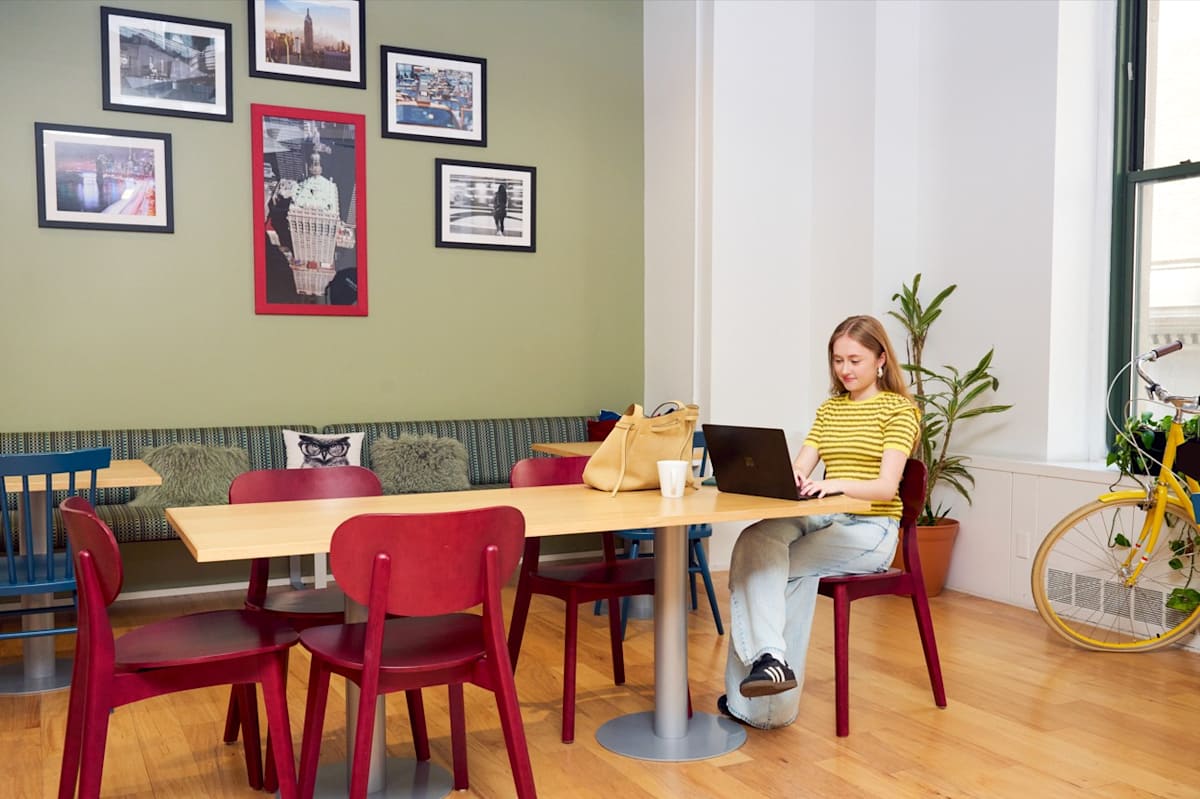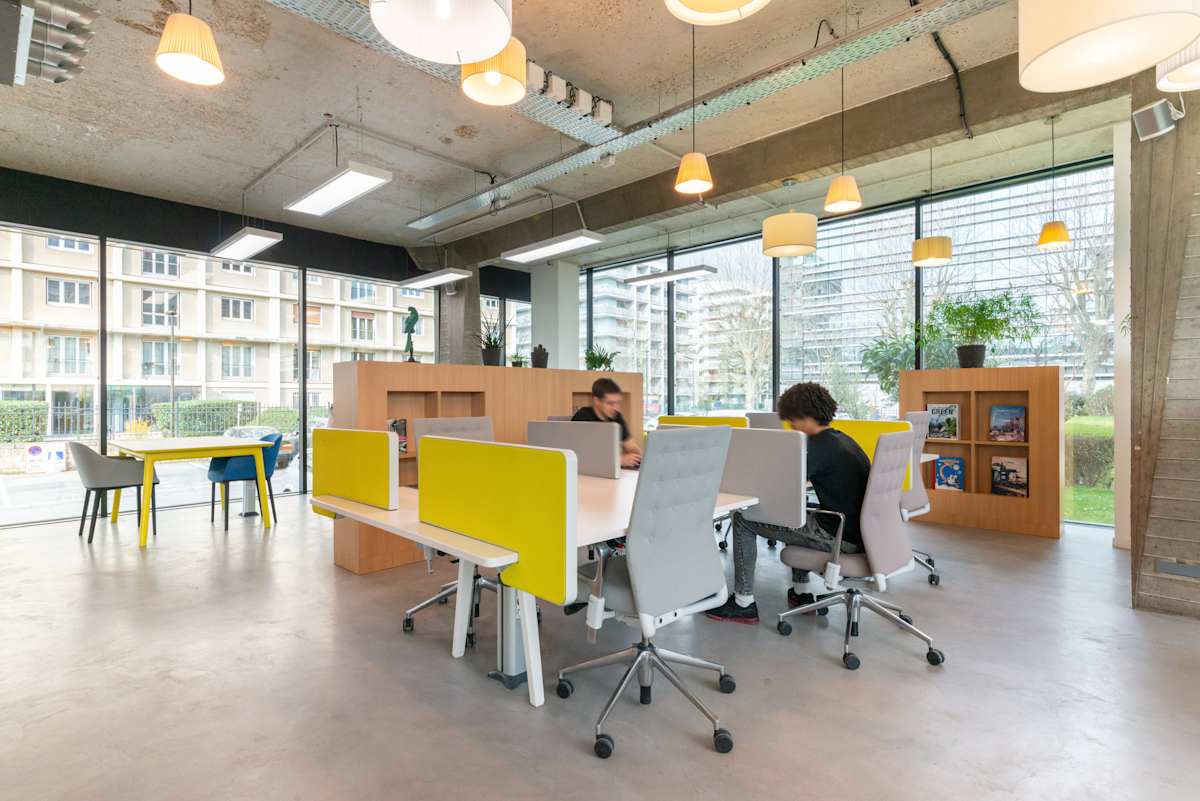HYBRID IS HERE TO STAY: HR TEAMS REVEAL THEY CAN’T ATTRACT TALENT WITH A FIVE-DAY OFFICE WEEK
- Hybrid working is a key recruitment tool for four in five HR professionals, who use it to attract new talent
- One in six report an improvement in employee retention as a result of implementing hybrid work model
- Ideal number of days in the office is three according to a quarter of HR professionals in the US and UK
LONDON – Over four in five (83%) HR professionals say that hybrid working is essential in attracting the best talent, according to new research from IWG, the world’s leading operator of flexible workspaces.
With businesses continuing to fiercely compete for top candidates, IWG’s research of HR professionals suggests that benefits like hybrid working, which give employees a better work/life balance, are crucial for attracting talent. Almost two thirds (64%) of HR professionals have experienced applicants turn down a job because of a lack of wellness benefits such as flexible working and exercise options.
For businesses struggling with the new trend of “quiet-quitting,” the research also found that nearly half (49%) of HR professionals surveyed said that hybrid working was an extremely effective tool to not only recruit, but retain workers. 62% said they have introduced a hybrid working policy post-2020 following the pandemic and are seeing positive results, with nearly 60% reporting they have seen tangible improvements in employee retention as well as employee satisfaction (63%) and work/life balance (57%).
Employees are focused on wellness
IWG’s research suggests that wellbeing in the workplace is here to stay and that employees are looking to their employer on how they can facilitate it. More than nine in ten HR professionals (92%) believe that hybrid working leads to happier, more loyal employees.
They also say that the shift to hybrid working has had a positive impact on the overall health and wellbeing of their employees with over 96% saying that a hybrid working environment specifically supports employee mental health, while 83% agree that it leads to a healthier workforce, both mentally and physically. Top benefits that have a positive impact on employee retention are wellness related, with fitness amenities (55%), access to green space (48%), providing healthy snacks like fresh fruit (47%) and access to a meditation room (41%) coming out on top.
Hybrid working also allows employees more time to spend on wellbeing activities by reducing their weekly commuting time. Footfall data from IWG, with brands including Regus and Spaces, showed that attendance at workspaces outside of city centres in the suburbs and rural areas grew by 36% last year, demonstrating a growing desire to work closer to home. The results of this study also found that employees are reinvesting that extra time primarily in wellness (58%), exercise (56%) and at-home responsibilities (51%).
Hybrid working is boosting productivity
For businesses, IWG’s research shows that the shift to hybrid work as the new norm has also had a positive impact on overall culture and collaboration within organisations.
The majority (95%) of HR professionals report a direct correlation between employee productivity, wellness and the number of days spent in a physical office space, with a quarter (25%) saying that three days in the office is the ideal number to maximise these benefits.
IWG CEO Mark Dixon said: “These findings confirm what we have been seeing for some time – that hybrid working can be a win-win for both employees and employers. The balance that hybrid working offers – between office and home, and work and life – supports employee wellbeing and as a result can help employers stay competitive when recruiting and retaining strong talent.
The results also show that hybrid working helping businesses improve productivity, culture and collaboration and we will continue to see more organisations adopting it to future-proof their operations. Hybrid working is becoming standard practice and increasingly, without it, businesses simply won’t be able to get the talent.”
Francesca Peters, IWG’s Chief Talent Officer, added: “The competition for talent remains fierce. Last year, the emergence of “quiet quitting” really brought to the fore the challenges that employees are facing. As employers, we have a responsibility to ensure the right policies are in place to give them the best experience – and in order to get the best out of them.
It’s not just about recruiting talent. Retaining the great people you already have is crucial and this study underlines the importance of hybrid working as a tool to do both while improving employee satisfaction and work/life balance.”






